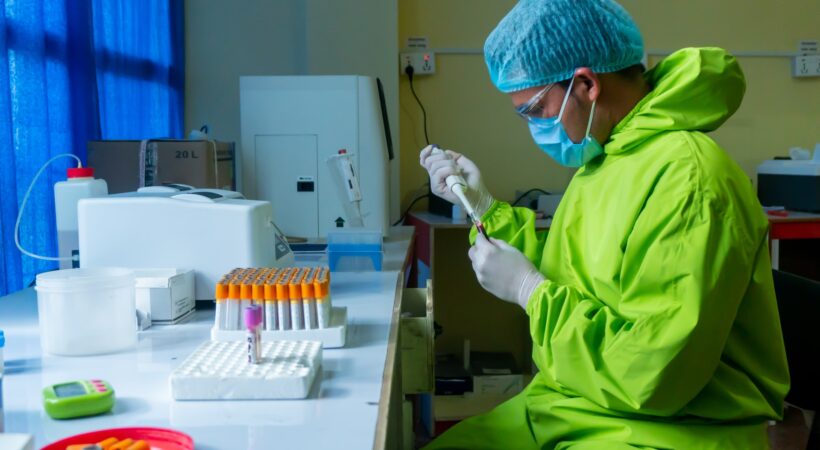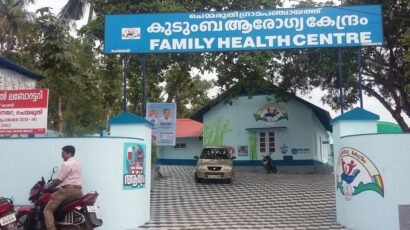How Policy Feuds Affect the Frontline

The CDC’s shifting guidelines on airborne transmission of SARS-CoV-2 have real and immediate consequences for front-line health workers, The Guardian reports.
- Different protection protocols—from airflow management, to protective gear, to patient isolation practices—are needed for viruses that spread primarily via large droplets versus those that can spread by aerosols.
- Use of high-quality, N95 respirators for routine Covid-19 patient care are costly for hospitals; administrators have cited CDC advice as a defense against workers and unions demanding stronger protection protocols.
Meanwhile The US government is also preparing to crack down on hospitals not reporting COVID-19 data directly to a new federal data system, NPR reports. (The new system, announced in July, fueled concern that the CDC was being sidelined.)
Draft guidelines also add new reporting requirements such as providing daily information on influenza cases along with COVID-19. If hospitals don’t comply, the guidelines threaten harsh consequences like “termination of the Medicare provider agreement.”
That’s “the nuclear option,” says Dave Dillon of the Missouri Hospital Association, adding it “would shut down the health care system in the country.”
Courtesy: Johns Hopkins Bloomberg School of Public Health















